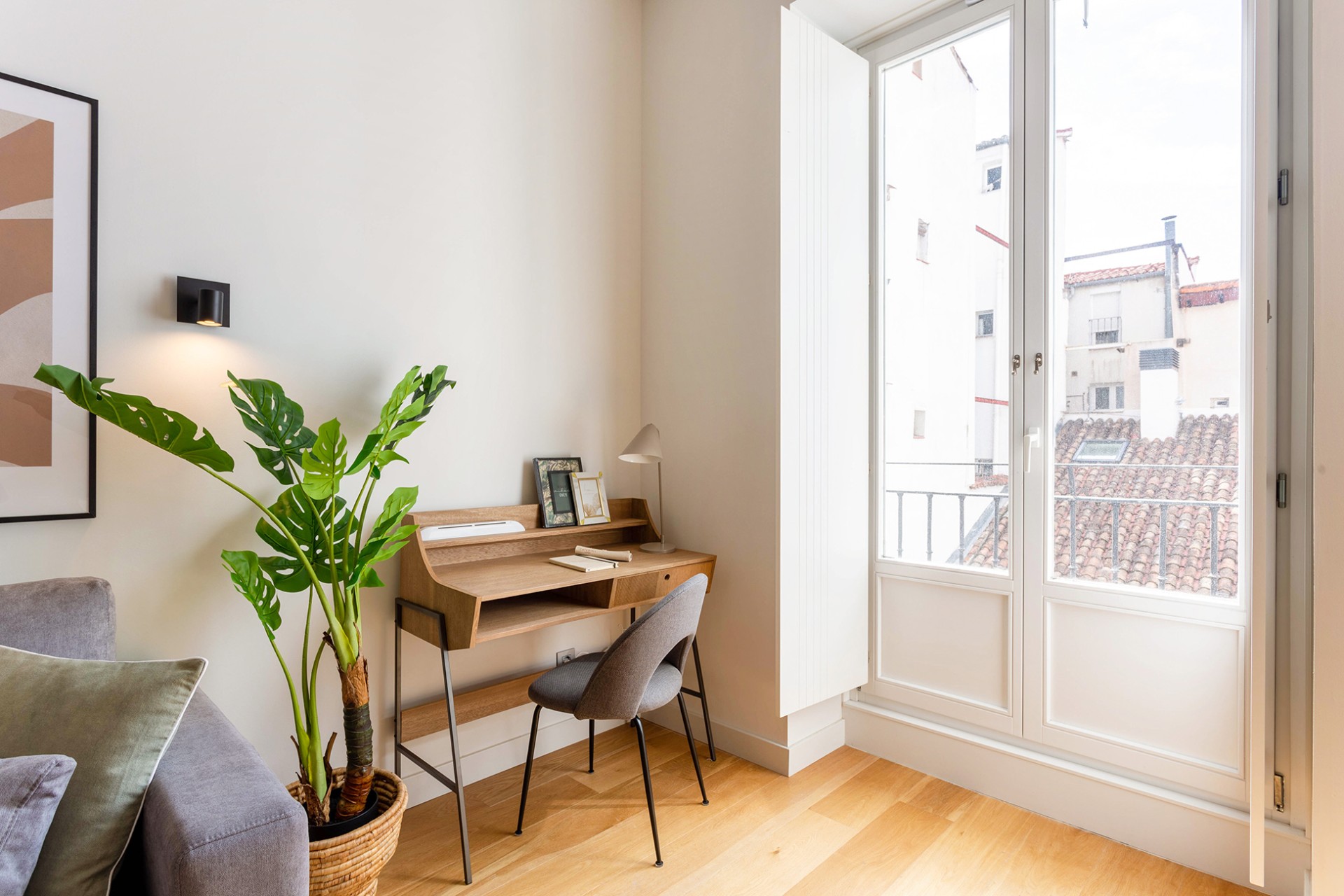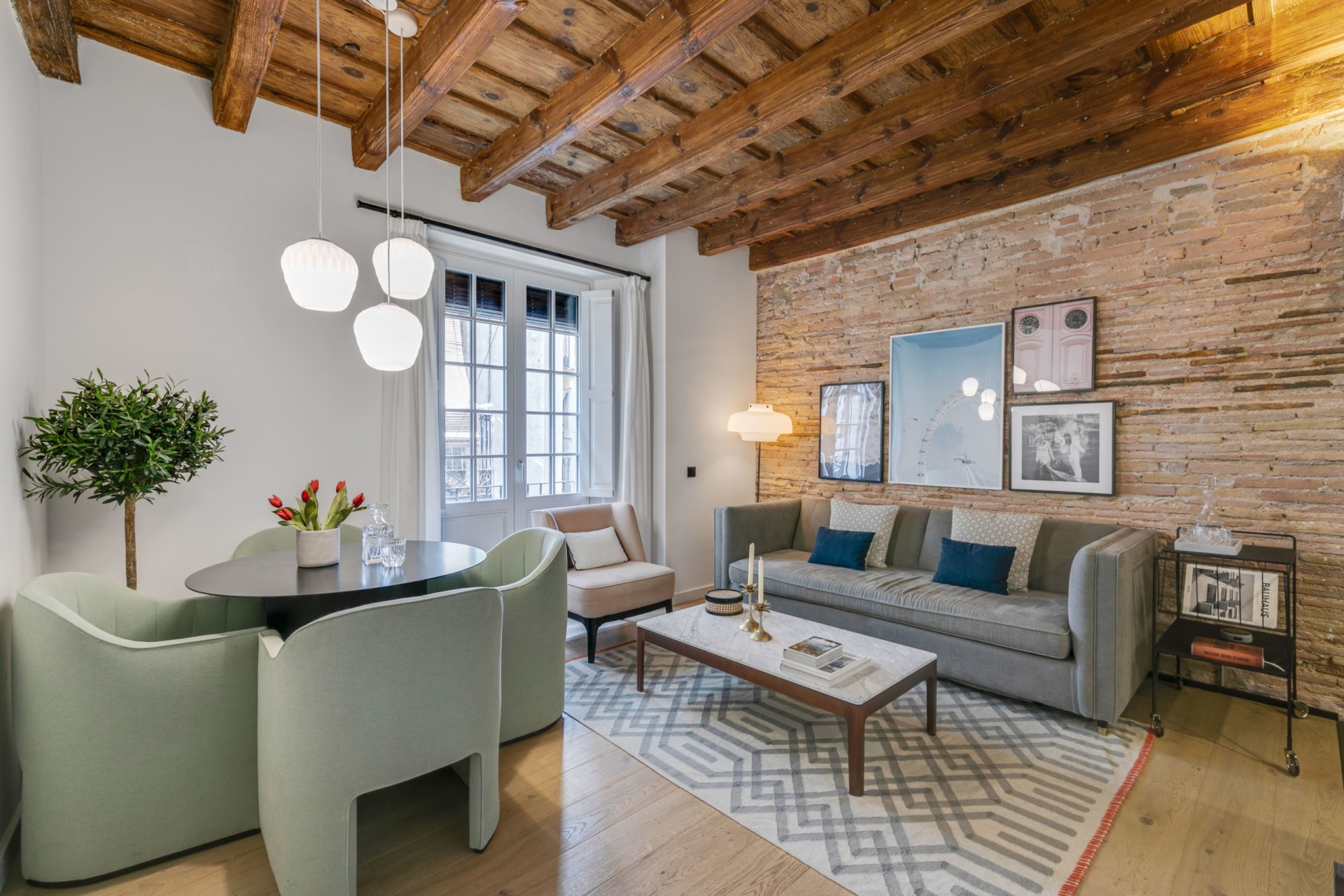Lorem ipsum dolor sit amet consectetur. morbi facilisis maecenas tempor
porttitor eget eu morbi sed pellentesque interdum.





08 March 2024
Flexible stay apartments have emerged as a popular choice for travelers, remote workers, and individuals in need of temporary accommodations. Unlike traditional rental properties, these apartments offer flexibility in lease terms, allowing guests to stay for short or extended periods without being tied down to long-term contracts.
Flexible stay apartments, also known as serviced apartments or extended stay hotels, provide a home-like environment with the convenience of hotel amenities. These accommodations are fully furnished and equipped with everything one might need for a comfortable stay, from kitchen appliances to linens and toiletries.
The appeal of flexible stay apartments lies in their numerous advantages. Firstly, they offer flexibility in lease terms, allowing guests to rent on a daily, weekly, or monthly basis. This flexibility is particularly beneficial for those who are uncertain about their length of stay or have unpredictable travel schedules.
Booking a flexible stay apartment is a straightforward process. Guests can make reservations online or through a booking platform, specifying their desired dates and preferences. Upon arrival, guests are greeted by a property manager or concierge who facilitates the check-in process and provides information about the apartment and its amenities.
Flexible stay accommodations come in various forms, including corporate housing, serviced apartments, and extended stay hotels. Corporate housing is often used by businesses to accommodate employees on temporary assignments, while serviced apartments cater to travelers seeking a more personalized experience. Extended stay hotels offer hotel-like amenities with the convenience of a furnished apartment.
Flexible stay apartments typically include a range of features and amenities designed to enhance the guest experience. These may include fully equipped kitchens, in-unit laundry facilities, complimentary Wi-Fi, and access to fitness centers and communal spaces.
Flexible stay apartments appeal to a diverse range of travelers, including business professionals, digital nomads, and individuals undergoing relocation. Business travelers appreciate the convenience and comfort of these accommodations, while digital nomads value the flexibility to work remotely from a home-like environment.
When comparing flexible stay apartments with traditional accommodations, several factors come into play. Flexible stay apartments offer greater flexibility in lease terms, allowing guests to rent for short or extended periods without being tied down to long-term contracts.
Before booking a flexible stay apartment, it's essential to consider factors such as location, budget, and reviews. Location plays a crucial role in determining accessibility to amenities and transportation, while budget considerations ensure that the accommodation is affordable for the duration of the stay.
To maximize the benefits of flexible stay apartments, guests can follow a few simple tips. Researching and planning ahead can help ensure that the chosen accommodation meets their needs and preferences. Additionally, guests are encouraged to take advantage of amenities and engage with the community to enhance their overall experience.
While flexible stay apartments offer numerous benefits, they also come with some challenges. These may include a lack of personalization compared to traditional rentals, limited availability in certain areas, and potential fluctuations in pricing based on demand.
Looking ahead, flexible stay accommodations are expected to evolve with emerging trends and technologies. Integration of smart home technology, sustainability initiatives, and expansion of offerings are among the key trends shaping the future of this industry.
Real-life examples of successful flexible stay accommodations showcase the benefits and advantages of this lodging option. Positive experiences from guests highlight the convenience, flexibility, and comfort provided by these accommodations.
In conclusion, flexible stay apartments offer a convenient and cost-effective alternative to traditional accommodations for travelers and individuals in need of temporary housing. With their flexible lease terms, home-like amenities, and personalized service, these apartments provide a comfortable and hassle-free lodging option for short or extended stays.


ES
Lorem ipsum dolor sit amet consectetur. morbi facilisis maecenas tempor
porttitor eget eu morbi sed pellentesque interdum.
Mail: residents@caterina.house
Telefono: +34 931 222 465
Red: CaterinaHouse
Contraseña: feelslikehome

No está permitido fumar dentro del edificio.
No se pueden dejar las llaves en la parte interior de la cerradura o perderlas. Se cargarán 150€ por la pérdida de ésta.
No se pueden pegar o colgar cosas en las paredes. Cualquier daño puede conllevar una penalización.
No se pueden hacer ruidos molestos e el edificio ni en el apartamento entre las 22 y las 8 de la mañana.
Invitar a personas sin previo aviso (máximo 2 personas).
No se pueden colgar toallas o prendas de vestir en los balcones. utiliza la secadora o el tendedero.
No se pueden hacer fiestas en el apartamento o en la azotea de tu edificio..
Infórmanos sobre cualquier daño. Incluyendo ropa de cama, toallas o la pérdida de la llave o tarjeta
Apaga el aire condicionado cuando no lo utilices. Así podremos evitar problemas de mantenimiento.
El horario de entrada comienza a las 15 hs. y se prolonga hasta las 19 hs. Puedes realizar self check-in en cualquier momento de manera gratuita.
Limpia la cafetera después de cada uso. De ésta manera podremos garantizar el buen funcionamiento de ésta.
Asegúrate que la puerta de tu apartamento y la puerta proncipal queden cerradas correctamente cada vez que sales o entras el edificio.
La hora de salida debe ser antes de las 11:00 hs. Sólo tienes que dejar las llaves sobre la mesa y cerrar la puerta tras de ti. Asegúrate de que todos los aparatos electrónicos, la luz y el aire estén desconectados para cuidar el planeta y las instalaciones.

¿Quieres pedir un paquete pero no sabes qué dirección
de entrega poner porque no estarás en casa?
¿Te sientes confuso con los electrodomésticos y todos esos botones te dejan hecho un lío? ¡Hay una solución sencilla! Pulsa el botón de los manuales de instrucciones que aparecen a continuación y tendrás más información sobre nuestros electrodomésticos. En caso de tener cualquier otra pregunta, no dudes en ponerte en contacto con nosotros.